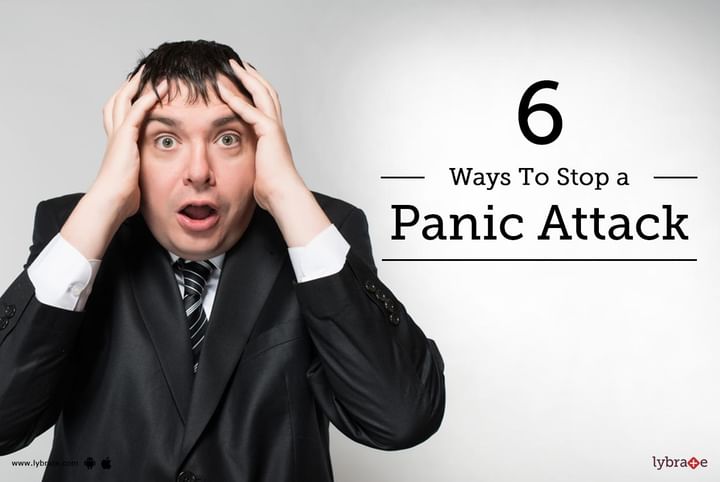6 Ways to Stop a Panic Attack
A panic attack can start suddenly and may be caused due a variety of reasons. A patient of depression and anxiety usually goes through such attacks. The symptoms of these attacks include sudden and persistent fear, the feeling of losing control, the feeling of having a heart attack, palpitations problem, sweating, dizzy spells and more. It has been medically proven that most adults go through at least one or more panic attacks in their lifetime.
Here are a few ways in which one can stop a panic attack:
- Recognise the Signs: Take note of the symptoms. From a feeling of choking to detachment, losing control, surreal experiences, dizzy spells, nausea, pain in the abdomen and chills, to tremors, and a fear of facing death, there are many symptoms that can put your body in a fight or flight response where things may suddenly seem terrifying, and without any reason at that.
- Breath Control: Learn to control your breathing as soon as you begin to experience the symptoms. This will help in distraction even as it soothes and calms you down, thus forcing you to think rationally about the fear and helplessness that you are suddenly experiencing. Sit down with your knees bent and let your shoulders relax.
- Relaxation Techniques: Learn and practice a few relaxation techniques during times like these. This may include simple things like rubbing your neck and more focused activities like talking to yourself and meditating.
- Continuation: Remember to hold your breath, let it out, and then carry on with the activity that you had set out to do. If you stop what you were doing, then the message going to your brain is loud and clear and you will panic even further. But if you relax and zone out before letting yourself go about the chore, however robotically, then it will have a positive effect on the messages that are sent to your brain.
- Medication: In the event that you are not able to fully control and relax yourself and your thoughts, then you may want to see a psychiatrist who can prescribe specific medication that will help in relaxing you. Sedatives and antidepressants may also be prescribed for patients who are going through severe episodes of panic with debilitating symptoms.
- Differentiate between Stress and Panic: Many times, we may feel like we are panicking, yet this may simply be a way of going through stress. It is important to focus on recognising events and reactions as stress or panic.
Not allowing yourself run away from a situation is a sure shot way of dealing with panic as this condition the brain to be more accepting and resilient. If you wish to discuss about any specific problem, you can consult a doctor and ask a free question.



+1.svg)
